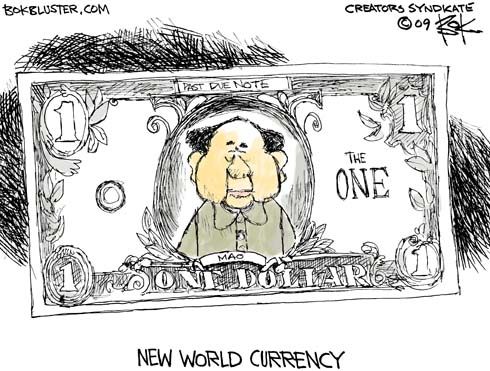See other Science/Tech Articles
Title: Computer manufacture stressful on Chinese
Source:
[None]
URL Source: http://bits.blogs.nytimes.com/2011/ ... r-made-changes-after-suicides/
Published: Feb 17, 2011
Author: MIGUEL HELFT
Post Date: 2011-02-17 02:15:57 by Tatarewicz
Keywords: None
Views: 211
Comments: 5
Apple sent Timothy D. Cook, its chief operating officer, to China last year to review the operations of a principal manufacturing partner after nearly a dozen suicides by factory employees raised concerns about working conditions. In a report on suppliers that it publishes annually, Apple said that Mr. Cook and a team of independent suicide prevention experts conducted a review of Foxconn’s factory in Shenzhen in June and made a series of recommendations for changes in August. Mr. Cook and the team also reviewed changes that Foxconn had put in place, which included “hiring a large number of psychological counselors, establishing a 24-hour care center and even attaching large nets to the factory buildings to prevent impulsive suicides,” Apple said in the report, which was released on Monday. “The investigation found that Foxconn’s response had definitely saved lives.” The suicides at Foxconn, which also supplies companies like Hewlett Packard and Dell, sparked concerns about working conditions in China’s sprawling electronics factories. Last June, Steven P. Jobs, Apple’s chief executive, defended Foxconn during an appearance at a technology conference in California, saying it was not a sweatshop and that Apple was “over there trying to understand what is happening.” During his visit, Mr. Cook, who is overseeing Apple’s day-to-day operations while Mr. Jobs is on medical leave, met with Foxconn’s chief executive, Terry Gou, and other executives, Apple said. His team also surveyed more than 1,000 factory workers about their quality of life and working conditions, interviewed workers and managers and evaluated working and living conditions. Apple said it recommended areas for improvement, including “better training of hotline staff and care center counselors and better monitoring to ensure effectiveness.” The company said it would continue to work with Foxconn on implementing the programs and would take some lessons from its collaboration with Foxconn to other suppliers and facilities. In the report, Apple said it also discovered underage workers at various suppliers and terminated contracts with three facilities that didn’t change their policies promptly. It also said that it was working to ensure that minerals used in electronics manufacturing, like tantalum, tungsten and gold, do not come from war-torn regions.
Post Comment Private Reply Ignore Thread
Top • Page Up • Full Thread • Page Down • Bottom/Latest
#1. To: Tatarewicz (#0)
The computer and screen you are reading this on right now was made in China. So was most of the electronic equipment broadcasting it across the Internet. So is most of the equipment the government uses to survey it with. China WILL get Taiwan.
U.S. Constitution - Article IV, Section 4: NO BORDERS + NO LAWS = NO COUNTRY
70 hour workweek @ $25 a week......I'd be suicidal, too.
Why do I care? The Chinese who moved there took it from the Tawaineese. Asians never discovered freedom. They don't understand individualism. They're like ants. So millions of ants die? Boo hoo. During the Korean War the officers made waves of soldiers run across American minefields to set them off. Then when they left Korea they left behind God knows how many soldiers to freeze to death. The abuse of these workers and the suicides don't surprise me at all.
"If ever this vast country is brought under a single government, it will be one of the most extensive corruption, indifferent and incapable of a wholesome care over so wide a spread of surface. This will not be borne, and you will have to choose between reform and revolution. If I know the spirit of this country, the one or the other is inevitable." - Thomas Jefferson
U.S. Constitution - Article IV, Section 4: NO BORDERS + NO LAWS = NO COUNTRY
Thousands of them froze to death.
#2. To: Tatarewicz (#0)
#3. To: HAPPY2BME-4UM, Cynicom (#1)
China WILL get Taiwan.
#4. To: Turtle (#3)

#5. To: Turtle (#3)
Top • Page Up • Full Thread • Page Down • Bottom/Latest